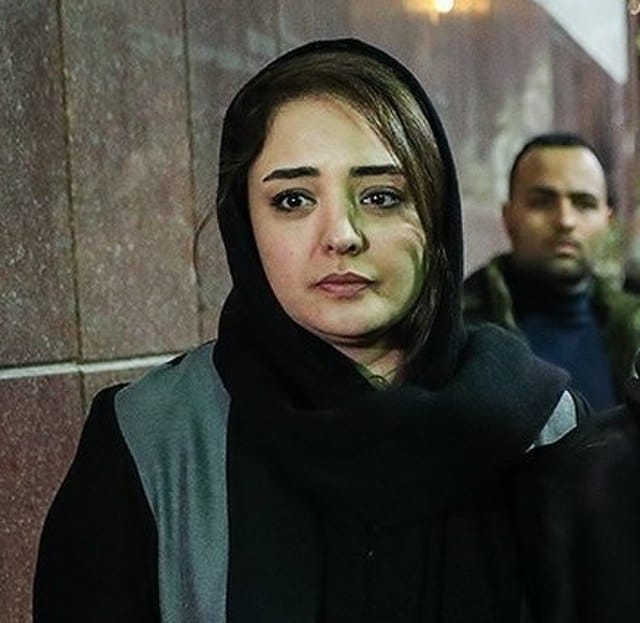The Nobel Peace Prize was awarded to Iranian human rights activist Narges Mohammadi on Friday, making her the fifth person in history to receive the prize while imprisoned.
“The Norwegian Nobel Committee has decided to award the 2023 Nobel Peace Prize to Narges Mohammadi for her fight against the oppression of women in Iran and her fight to promote human rights and freedom for all,” the Nobel Committee posted on social media.
According to the Nobel Committee, Mohammadi has been arrested 13 times by Iran’s regime. The’s been convicted her five times, and sentenced her to a total of 31 years in prison and 154 lashes.
Her current incarceration is the result of her coverage of the September 2022 death of Mahsa Amini while in police custody three days after 22-year-old Amini was arrested by Iran’s morality police for not properly wearing a religious head covering called a hijab.
Earlier this year, Mohammadi and another imprisoned Iranian journalist, also a woman, Niloufar Hamedi, jointly won the U.N. Educational Scientific and Cultural Organization (UNESCO) World Press Freedom Prize for their reporting on Amini’s death, which sparked mass protests across Iran in one of the largest challenges to Iran’s theocratic regime since the 1979 Islamic Revolution.
According to the Nobel Committee, Mohammadi’s human rights activism began in the 1990s while she was a young physics student. After her studies, while working as an engineer, she also became a columnist in reform-minded newspapers.
In 2003 Mohammadi became involved with the Defenders of Human Rights Center in Tehran, an organization founded by Nobel Peace Prize laureate Shirin Ebadi. In 2011 Mohammadi was arrested for the first time and sentenced to many years of imprisonment for her efforts to assist incarcerated activists and their families.
While out on bail she focused her activism on campaigning against the use of the death penalty, which led to her re-arrest in 2015. Behind bars, she raised her voice against the Iranian regime’s systematic use of torture and sexualized violence against political prisoners, especially women.
At the one-year mark of Amini’s death last month, Mohammadi wrote in the New York Times, “The more of us they lock up, the stronger we become.”
Mohammadi received the award even as another alleged encounter with Iran’s morality police over not wearing a hijab on Sunday is suspected of resulting in a 16-year-old girl, Armita Geravand, suffering a coma, though the regime has not publicly accepted that version of events.
Iran has also not yet officially responded to Mohammadi’s award of the Nobel Peace Prize. However, after earlier criticism by European and U.S. officials over the treatment of women in the country, Foreign Ministry spokesman Nasser Kanaani lashed out Thursday on social media against “interventionist & biased remarks & expressing insincere concern over Iranian women & girls.”


